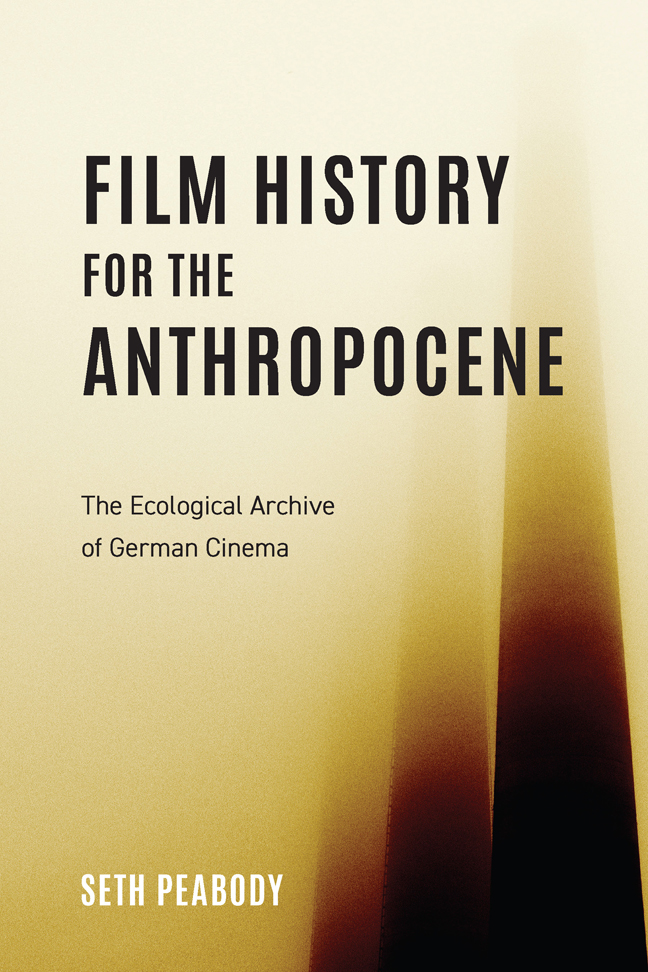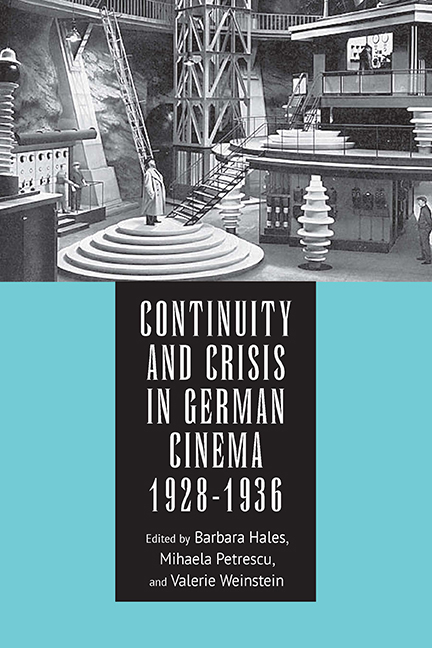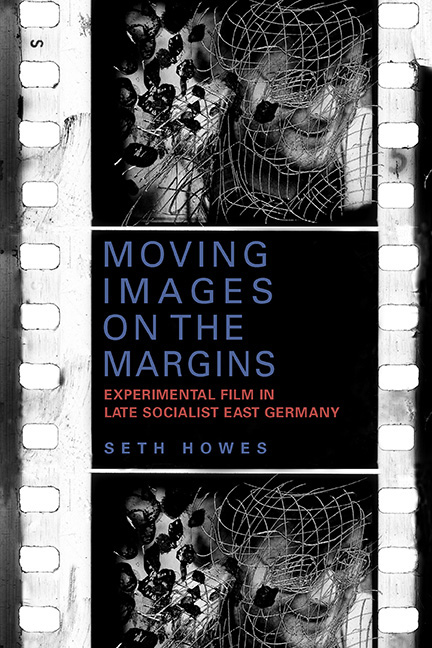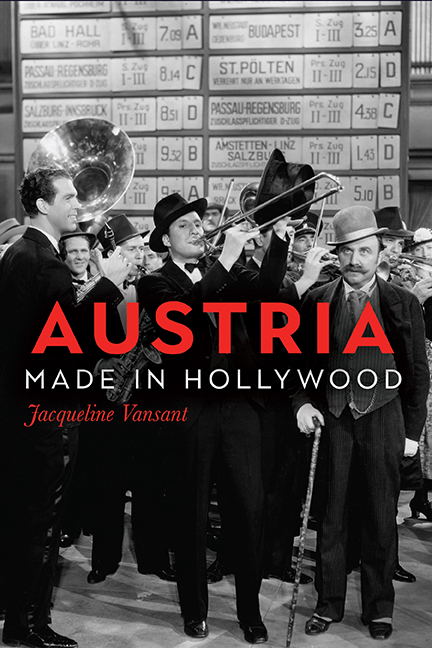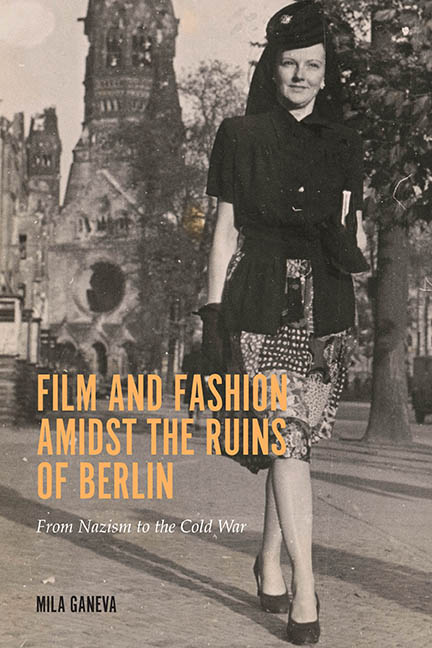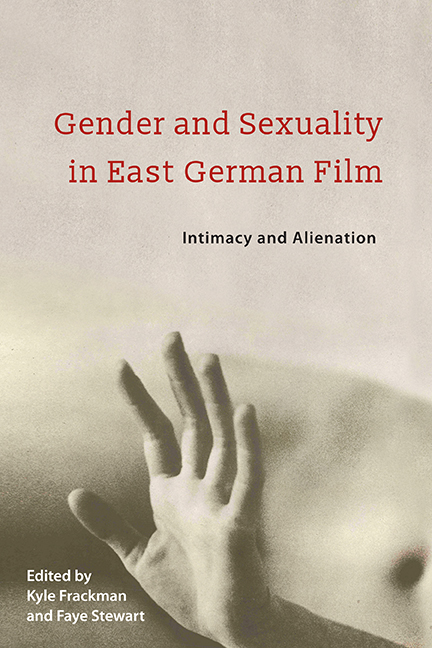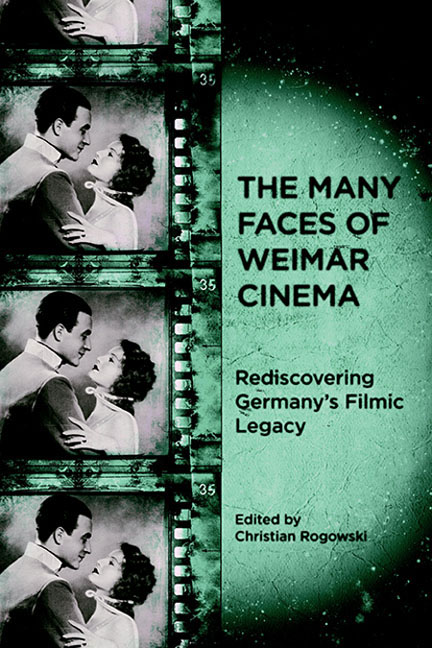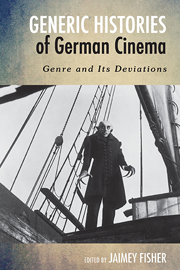Until the 1990s, German film studies focused primarily on a limited canon of art-house films and auteur directors, with particular emphasis on two 'golden eras' of filmmaking - Weimar cinema of the 1920s and the New German Cinema of the 1970s and early 80s. Since German unification, scholars have begun to question the assumptions according to which German cinema had previously been defined, particularly those concerning auteurism and 'the national,' the divide between popular and art cinema, and the place of cinema among other media. As a consequence, recent scholarship has sharpened our awareness of the multiplicity and heterogeneity of German cinema and visual culture, focusing in turn on early cinema, Nazi entertainment film and culture, Hollywood exile, the colonial and postcolonial elements of German feature films, queer cinema, German-Turkish filmmakers, the legacy of DEFA, and other aspects of German visual culture. Screen Cultures pursues these important new lines of inquiry, addressing pluralistic notions of German filmmaking and visual culture in order to meet the needs of today’s college curriculums in both German Studies departments and in Film and Media Studies programs. Interdisciplinary in scope, the series brings into dialog different approaches to the moving image and visual culture - ranging from historical and cultural studies to formal and theoretical explorations, from local perspectives to global ones. The series editors seek both monographs and well-focused collected volumes on topics of strong interest to German film and/or visual studies.

